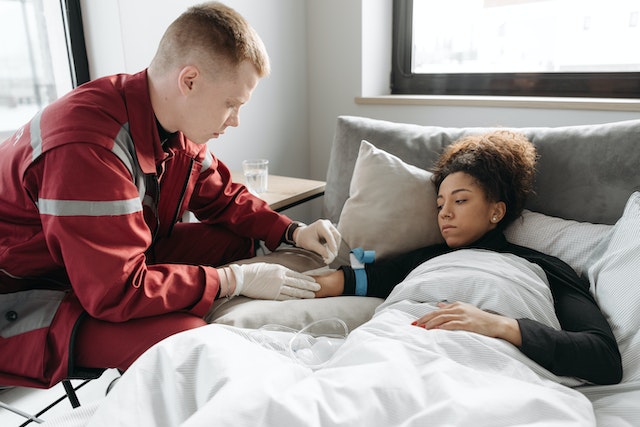When to Seek Medical Attention for Severe Fever: A Comprehensive Guide
Fever is a common symptom of various illnesses, but when should you seek medical attention for severe fever? In this comprehensive guide, we provide insights into identifying red flags and ensuring timely care for better health outcomes.
Understanding Severe Fever: What You Need to Know
Severe fever refers to a high body temperature above the normal range, often indicating an underlying health issue. This section offers an overview of severe fever, its potential causes, and its significance as a symptom of various conditions.
Identifying Red Flags: When to Seek Medical Attention
Knowing when to seek medical attention is vital to ensure prompt care for severe fever. This section outlines the red flags to watch for, including extremely high temperatures, persistent fever, severe headache, breathing difficulties, and other concerning symptoms.

Severe Fever in Children and Older Adults: Special Considerations
Severe fever can affect vulnerable populations differently. This section delves into the special considerations for children and older adults, such as age-specific fever thresholds, signs of distress, and the importance of immediate evaluation.
Seeking Timely Care: Steps to Take When Faced with Severe Fever
When faced with severe fever, taking appropriate steps can lead to better health outcomes. This section provides guidance on seeking timely care, including contacting healthcare professionals, monitoring symptoms, and understanding when emergency care is necessary.
Conclusion
Knowing when to seek medical attention for severe fever is crucial for safeguarding health and preventing potential complications. Understanding the red flags and special considerations for vulnerable populations can aid in making informed decisions. Prompt care and evaluation by healthcare professionals can lead to timely interventions and better health outcomes. Remember to prioritize your well-being and reach out for medical assistance when needed. Stay informed and take proactive steps to ensure your health and the health of your loved ones.










